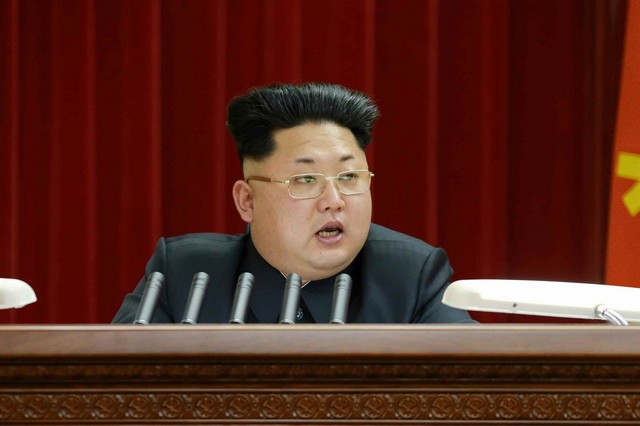By Chandra Muzaffar
As expected, the North Korean leadership has escalated its rhetoric in the wake of the United Nations Security Council’s (UNSC) new, harsh sanctions on Pyongyang.
Whenever the international community speaks or acts against North Korea, it responds with threats of ‘attacks’ against Washington and/or Seoul. This time North Korea, it is alleged, has fired half a dozen rockets about 100 to 150 kilometres into the sea off its eastern coast. It is meant to be a warning to South Korea.
Most analysts dismiss it as ‘mere posturing’. No one expects North Korea to go beyond this though there is perhaps much more anger in Pyongyang over the recent UNSC Resolution. They are the toughest sanctions ever imposed on Pyongyang. Key sectors of the economy are targetted. This includes mineral exports and North Korea’s access to international transport systems. This is the fifth time that the UNSC has imposed sanctions on North Korea. The first was after it tested an atomic device in 2006. The UNSC vote this time was unanimous. China’s endorsement of harsh sanctions in particular has hurt North Korea which knows that China is its only real ally.
This is why while supporting sanctions against its ally, China has also emphasised the importance of opening a dialogue with North Korea. It does not want North Korea to be pushed against the wall. Beijing knows that if North Korea becomes even more isolated, it may become even more irrational and aggressive. Russia is also of the view that dialogue should be the priority. It is hoping that the comprehensiveness of the sanctions will persuade Pyongyang to enter into serious talks with its neighbours and other actors such as the United States.
For both China and Russia, dialogue is vital for yet another reason. They fear that the situation precipitated by North Korea’s nuclear test in January and long-range rocket launch in February may be exploited by South Korea and the US to tighten their military grip over the entire region. In fact, formal talks have begun between Seoul and Washington on the possible deployment of an advanced US missile defence system in South Korea. The THAAD system is an anti-ballistic missile system which smashes into enemy missiles either inside or outside the Earth’s atmosphere during their final flight phase. China and Russia are strongly opposed to the deployment of the THAAD system since it will impact adversely upon the military balance in the region and increase tensions among states that are already confronted with major bilateral issues.
In the ultimate analysis, the real challenge confronting North Korea and South Korea; China and Japan; Russia and the United States is not so much North Korea’s posturing or the efficacy of UN sanctions. The only way to dissuade countries outside the formal ‘nuclear weapons club’ from acquiring nuclear weapons is to ensure that ALL states without exception eliminate their nuclear weapons stockpiles and refrain from manufacturing nuclear weapons and indeed, all weapons of mass destruction. It is utterly hypocritical of the US or Russia or China to demand that North Korea refrain from nuclear testing when none of the big powers is making any move towards total nuclear disarmament.
The time has come for the citizens of the world to mount a massive global campaign for the elimination of all nuclear weapons and all weapons of mass destruction.
Dr. Chandra Muzaffar,
President,
International Movement for a Just Wolrd (JUST).
Malaysia.
7 March 2016.

